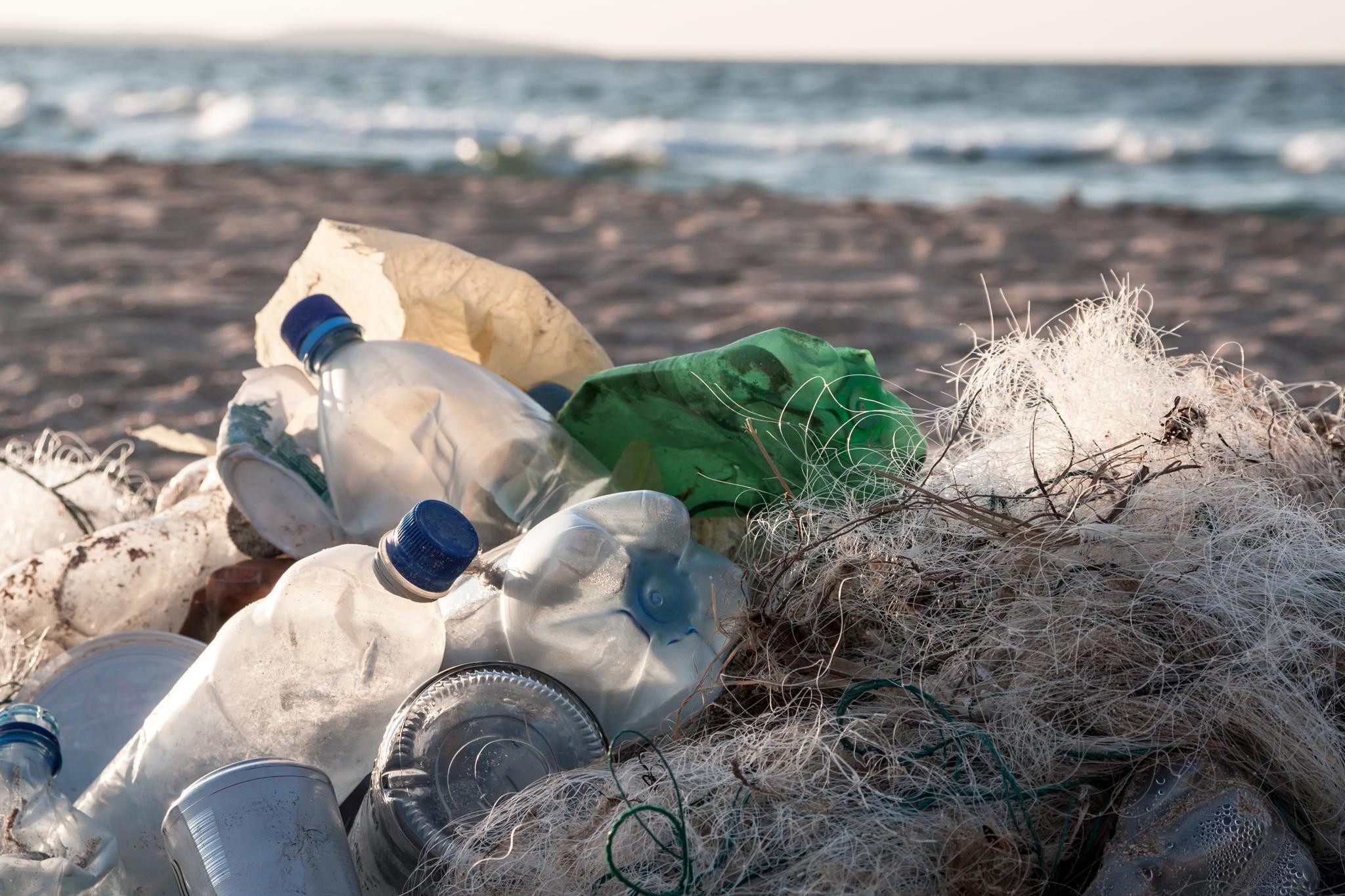David Attenborough issues stark warning over plastic pollution 'catastrophe'
'It is high time we turn our attention fully to one of the most pressing problems of today'

Your support helps us to tell the story
From reproductive rights to climate change to Big Tech, The Independent is on the ground when the story is developing. Whether it's investigating the financials of Elon Musk's pro-Trump PAC or producing our latest documentary, 'The A Word', which shines a light on the American women fighting for reproductive rights, we know how important it is to parse out the facts from the messaging.
At such a critical moment in US history, we need reporters on the ground. Your donation allows us to keep sending journalists to speak to both sides of the story.
The Independent is trusted by Americans across the entire political spectrum. And unlike many other quality news outlets, we choose not to lock Americans out of our reporting and analysis with paywalls. We believe quality journalism should be available to everyone, paid for by those who can afford it.
Your support makes all the difference.Sir David Attenborough has described plastic pollution as an “unfolding catastrophe” in support of a new report that highlights the devastating impact plastic pollution is having around the world.
The report, carried out by charities Tearfund, Fauna & Flora International and WasteAid, has warned of a public health emergency, claiming that between 400,000 and one million people die each year due to preventable diseases linked to mismanaged plastic waste in developing countries.
These include diarrhoea, malaria and cancer, all of which researchers have linked to plastic waste building up up near people’s homes, or being burnt, which can result in damaging fumes.
The findings suggest that one person dies every 30 seconds due to diseases caused by plastic pollution in developing countries.
According to the United Nations, more than eight million tonnes of plastic is getting into the world’s oceans every year. Not only does mean marine animals are ingesting plastic, the report states, but it can also lead to large amounts of waste washing up on shorelines, which can deter tourists from visiting and contributing to the economy in poorer countries.
“This report is one of the first to highlight the impacts of plastic pollution not just on wildlife but also on the world’s poorest people,” Attenborough writes in the i newspaper.
He said: “It is high time we turn our attention fully to one of the most pressing problems of today – averting the plastic pollution crisis – not only for the health of our planet, but for the wellbeing of people around the world.”
The wildlife broadcaster is set to introduce the report on Tuesday afternoon at a news conference in London.
Attenborough’s Blue Planet II series focused on highlighting the issues surrounding plastic waste, and urged global companies to minimise the damage caused by the plastics they produce.
The charities behind the report are calling for multinational corporations, such as Coca-Cola and Unilever, to halve the amount of single-use plastic they distribute in developing countries in order to combat the problem.
“We need leadership from those who are responsible for introducing plastic to countries where it cannot be adequately managed,” Attenborough continued, “and we need international action to support the communities and governments most acutely affected by this crisis.”
Dr Ruth Valerio, global advocacy & influencing director at Tearfund added:
“The CEOs running these multinationals can no longer ignore the human cost of single-use plastic – fundamental changes to business models are urgently required.
“There is no time to waste.”
Join our commenting forum
Join thought-provoking conversations, follow other Independent readers and see their replies
Comments